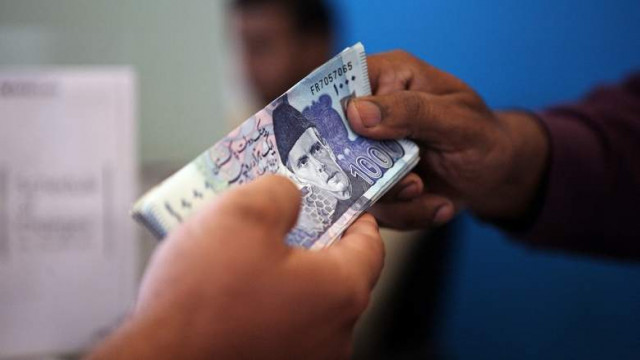QUETTA: A major financial scandal involving irregularities worth over Rs 1.8 billion has been unearthed within the Balochistan Revenue Department for the financial year 2022-23, according to an official audit report. The findings point to widespread financial mismanagement and potential corruption in the department responsible for managing public funds.
The audit revealed that out of a total allocation of Rs 4.71 billion for the department, a staggering Rs 1.42 billion was spent in an illegal and unorganized manner, flagging severe breaches of financial rules. The report details multiple areas where government funds were misappropriated or lost.
Significant losses were identified, including an excess payment of Rs 58.7 million made to various firms and companies from the government treasury. Furthermore, the treasury suffered a direct loss of Rs 24.4 million in various other areas. A critical lapse in revenue collection was also highlighted, with Rs 315 million in government taxes and duties left unrecovered, severely impacting the province’s financial resources.
The audit report has strongly recommended a comprehensive investigation into these massive financial irregularities to identify and hold accountable all responsible individuals and entities. It concluded that these actions have not only crippled the financial performance of the Revenue Department but have also caused significant harm to the provincial exchequer.
In light of the damning audit findings, the authorities have stressed the urgent need for further disciplinary and legal proceedings. The scale of the irregularities has prompted calls for strict action to ensure such a massive lapse in financial governance is not repeated and that those responsible are brought to justice.
Meanwhile in a surprising market shift, the price of Chilgoza, the prized pine nut, has witnessed a dramatic decline of 50 to 60 percent in Balochistan this year, providing a rare bargain for consumers but raising concerns among local farmers and traders.
According to a report by private TV channel Samaa News, the commodity that was previously sold for between Rs. 15,000 to Rs. 18,000 per kilogram is now available for just Rs. 6,000 to Rs. 9,000 per kg.





